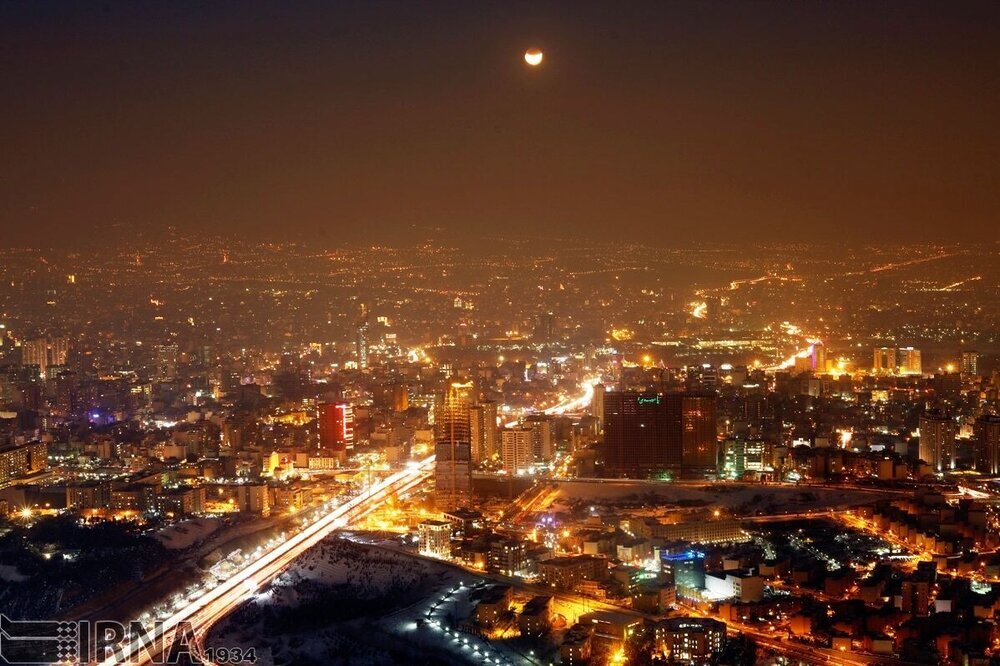Incentive packages help energy ministry pass summer without blackouts

TEHRAN – Managing electricity consumption by various sectors including households, agriculture, and industry, and reducing the consumption of fossil fuels used by the power plants has become one of the major issues of the governments in many developing countries and Iran is no exception.
For many years, during summer when the rise in temperature leads to the increase in the utilization of air conditioning devices and consequently a jump in electricity consumption, Energy Ministry was forced to impose some scheduled blackouts across the country to alleviate the pressure on the national grid and the transmission networks.
According to many experts and analyzers in the field, the energy ministry’s approach toward the issue was completely misguided, and imposing blackout not only was not the answer to the problem, but it was creating problems in many of the country’s productive sectors and was disrupting people’s livelihood.
This year, however, the ministry seems to have found the final solution to this long-lasting issue and has finally managed to pass the summer peak period without any intentional blackouts.
The solution was simple: using the huge potentials of the masses through “positive reinforcement”, “motivation” and using “incentive packages”.
In this regard, the Tehran Times held a brief talk with the Energy Ministry’s Spokesman for the Electricity Industry Mostafa Rajabi Mashhadi to learn more about the details of this new program.
What comes below is the gist of the interview:
Various packages for various sectors
Asked about the details of the Energy Ministry’s incentive program, Rajabi Mashhadi said that the ministry’s specialists and experts defined different packages for different sectors so that the packages were prepared considering the impact of certain sectors on the country’s total electricity consumption.
“For the agriculture sector, since there are many agricultural wells across the country which are using electrical pumps that consume a great amount of power on a daily basis, we defined a plan based on which for every four hours of rest and shutting off the pumps, the farmer would receive 20 hours of free electricity during the periods when the demand is low.”
As for the industry sector, the plan was to encourage the manufactories and industrial units to waste less power without the reduction in their performance and hurting their production levels, he said.
“So, for the industrial units we defined a plan based on which in return for every 15 hours of less consumption, the subscriber would be awarded a 50-percent discounted tariff on the electricity supplied to them equal to their reduction in consumption,” he explained.
Asked about the households, Rajabi Mashhadi said that since the households account for the majority of the electricity consumption, the main part of the Energy Ministry’s program was focused on encouraging the households in metropolitan areas like Tehran to reduce their consumption in peak hours.
According to the official, a stepped system for consumption has been defined for the households, based on which for each level of consumption a different rate has been allocated; the lower the consumption, the less the price they pay and if a consumer stays below an optimal level for whole summer period or if they consume less electricity compared to the previous year’s same period they will be awarded special incentive packages.
Allocation in the previous year
Rajabi Mashhadi further noted that the energy ministry paid 3.5 trillion rials (about $83.3 million) to the industry sector and about 1.06 trillion rials (about $25.23 million) to the households in the big cities in the form of discounted rates and incentive packages during the previous Iranian calendar year (ended on March 19).
This year, however, we had to extend these packages and allocate more for motivating various sectors to collaborate in the ministry’s management plan and it paid off.
Asked about the amount of allocations for the current calendar year the official said the data is not finalized yet.
Plans for the cold season
He also mentioned the management of electricity consumption during the cold season and said: “The ministry is going to continue this program during the cold season and the packages will be extended during the winter in case of necessity.”
In case of increasing the country’s gas consumption which would create limitations for the supply of gas to the power plants and consequently will reduce the electricity generation, the energy ministry will have to extend its consumption management programs in the cold season as well, Rajabi Mashhadi explained.
EF/MA
